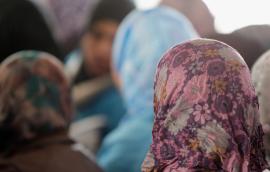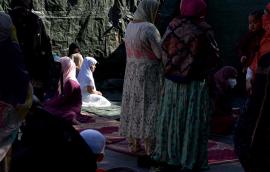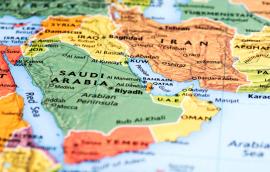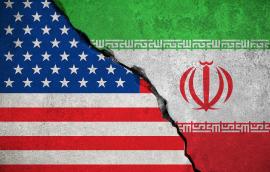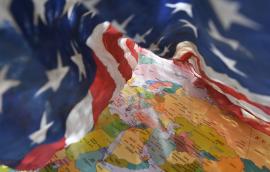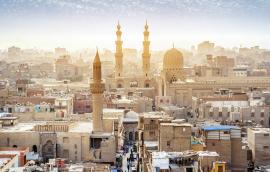Women’s Rights, Human Rights, and Refugees | Edward P. Djerejian Center for the Middle East | Issue Brief
Working Those Connections: Exploring Arab Women’s Differential Access to Opportunity in the Middle East and North Africa Despite enviable increases in educational attainment, women in the MENA countries may fare less well in attaining a form of social capital integral to their ability to exercise full political, economic and social agency: wasta — loosely, clout, or using one’s connections and/or influence to get things done.
Gail Buttorff, Bozena Welborne July 17, 2015
